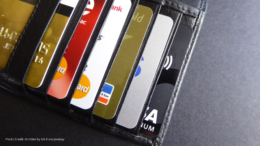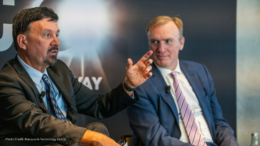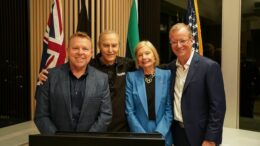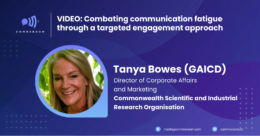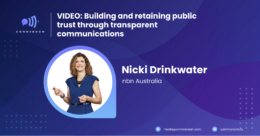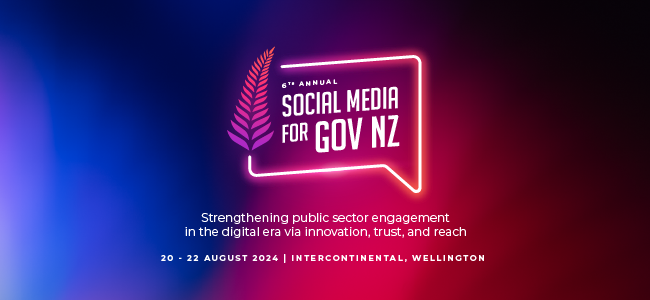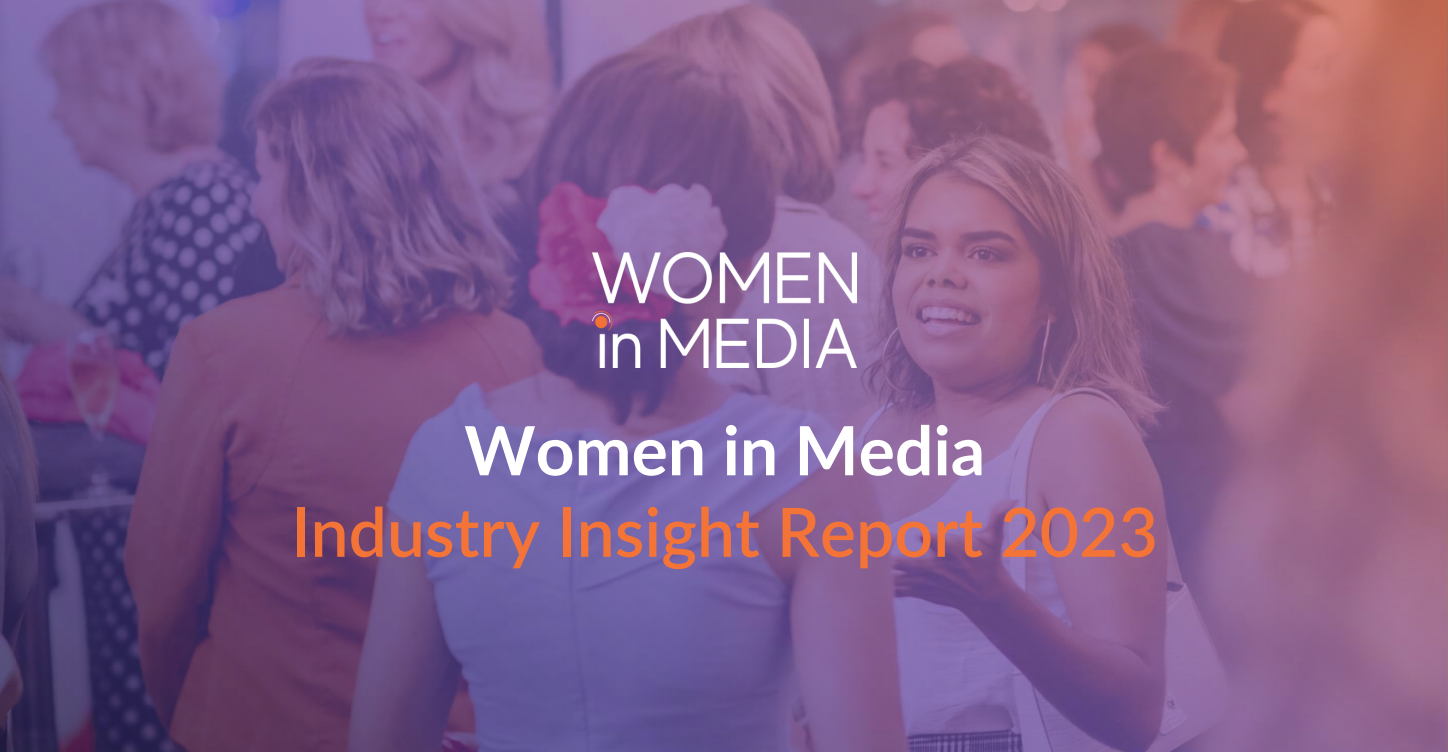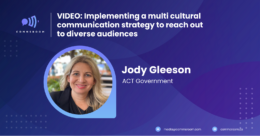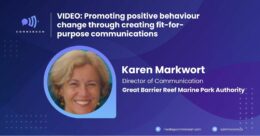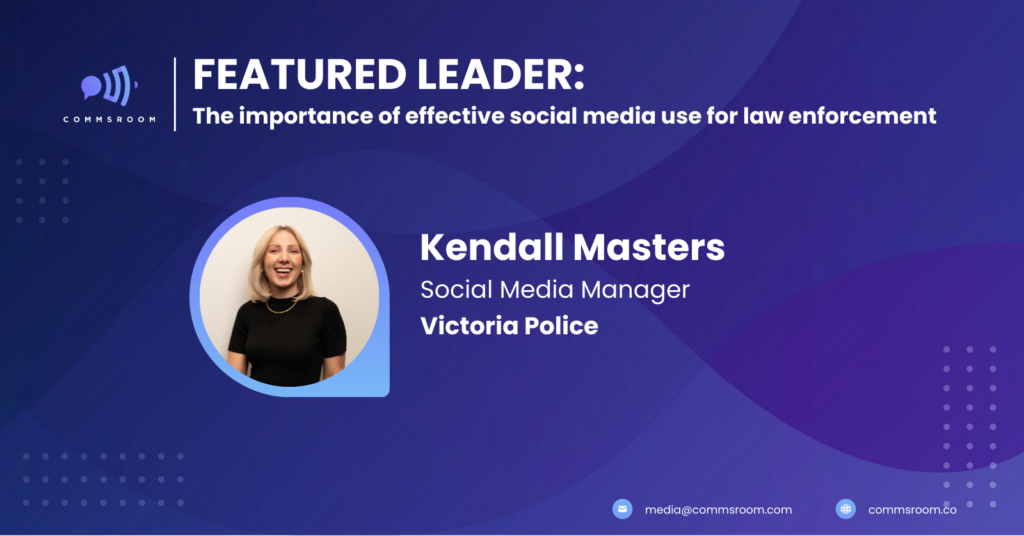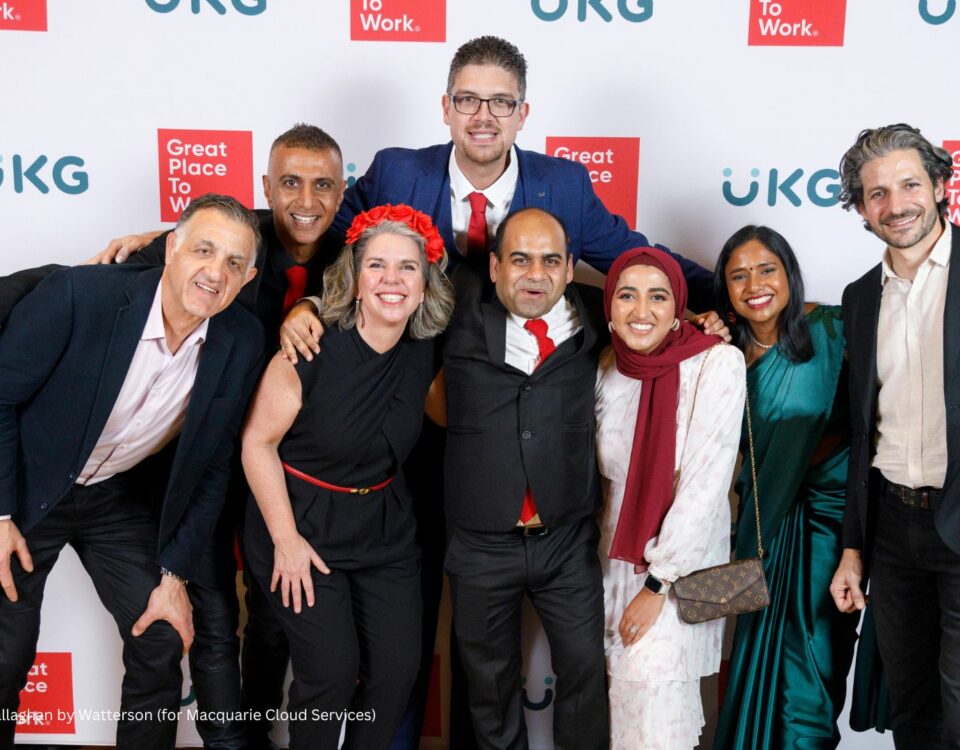- Kendall Masters is the Social Media Manager for Victoria Police. Before her stint with the law enforcement agency, she also filled various communication and social media management roles at the Victorian and South Australian health departments, the Victorian Ombudsman, and the Department of Environment, Land, Water and Planning.
- When the COVID-19 pandemic hit, Masters joined the Victorian Department of Health’s Social Media and Online Communities response.
- Masters said it’s critical for law enforcement agencies to utilise social media well to better serve their communities and combat misinformation. But it’s critical to establish trust to fulfil that goal.
- Masters will be one of the speakers for the upcoming Comms and Social Media Summit 2023, where she will be talking about tailoring content for different social media platforms.
I think people have fairly strong opinions on police regardless of what we do, and it’s just important that when they need us, we’re there, and that we have a way of providing them information and engaging with them in the places where they want to be engaged with and where they look for information.
While it is no secret that it has been a difficult time for law enforcement agencies across the world, it’s clear that these agencies play a critical role in maintaining public safety.
Given social media’s ability to reshape perceptions and challenge traditional power structures, it surprises nobody to see law enforcement agencies use social media to reach out to their constituents and perhaps improve their image. But at least according to Victoria Police’s Kendall Masters, this is not her goal.
In this article, Masters talks about what drove her down the path of being a government communications practitioner, her approach to managing Victoria Police’s social media channels, and the real reason why it’s critical that law enforcement agencies know how to use social media effectively.
You’ve had quite a career doing communications for various government organisations. What drove you down this path?
I started off in journalism and transferred into marketing which ended up putting me in a very ideal place to work in, particularly government social media, but also across broader communications. There’s that element of writing, but then there’s also an element of analysis, statistics, and strategy that comes from my marketing background.
For me, working in government was a great way of getting exposure to lots of things while still essentially working in a very similar sector under a singular employer.
Maybe the reason I ended up in government comms is because I have an interest in both producing content but also the analysis and strategy component.
And quite often, say you worked in PR, you’d be doing some elements of that. If you’re working in an advertising agency, you’d be doing one part of that. In government comms, I’ve had the opportunity to work in social media specialist roles, to work on campaigns, to do media liaison and internal communications. I’ve done that full spectrum, which I might not have been able to do in such a short time in say, marketing, PR or advertising in the private sector without working for multiple agencies.
What do you love most about your job as a social media manager for the Victoria Police?
There’s a lot that I love about this role particularly after coming from other government agencies. I think it’s just that bit further removed from other pillars of government being in the emergency sector.
The most important thing across emergency sector’s comms units is timeliness. We’re really encouraged to be proactive with how we communicate with the public. And because the emergency sector needs to be so responsive and dynamic, there’s sometimes fewer levels of approval to navigate.
So, we can be agile and responsive. I know lots of people in government social media area and their biggest pain point is waiting on approvals, chasing approvals, etc. It’s hard for them to put out timely communications, particularly in social media where everything moves so fast. It’s difficult to get on board with trends in a timeframe when they’re still relevant. And that’s something that we are able to do most of the time.
Victoria Police’s voice on social media can be serious but can also be decidedly light-hearted, as evidenced by its use of popular memes. How did you decide on this approach to using social media for Victoria Police?
In policing, particularly in Australia, it’s fairly well established that policing agencies have a little bit of fun in social media.
In short, it is about variety and engaging new audiences with content that resonates with them.
For me, that’s about a couple of things. Basically, I feel like one of the big limitations of government comms and social media is this adherence to safe branding or everything looking the same, sounding the same etc. When you’re posting as often as we are — because we need to post a lot of reactive information that’s quite serious, the easiest way that we can cut through is by creating something that is out of the ordinary or looks different, or that people will immediately understand the context of because they are very familiar with that format, trend or event.
Obviously for the most part people are following us because they are interested in the information that we have. But then there’s also a part of the population that maybe aren’t intrinsically interested in that but might respond to us being a little bit cheeky or are speaking to them in the way that they are used to being spoken to on that channel.
How important is it for law enforcement to learn how to use social media effectively?
As an emergency response agency, when an emergency happens, it’s really important that we have a place existing on the platform where the conversations are happening to prevent any information vacuum from forming.
If we know there’s conversations on Facebook, Twitter, TikTok, or Instagram, etc., it’s important that we have a presence there so that that information vacuum isn’t filled with misinformation or unofficial information.
At its most basic, the reason that we need to be on the platforms and have a following on them, is so that when those emergencies inevitably happen, we have the tools to fill that information vacuum with official information.
The secondary reason is establishing a channel of communication where we can proactively provide information to the community to say, decrease the chances of an emergency happening, or to ensure there is awareness of a new service that can help the community.
Ultimately if we didn’t have social we would be a lot more reliant on secondary sources providing the full picture to the community – and often the truth of the matter just isn’t sensational enough for that!
We noticed that your approach to social media management is decidedly less about public image and more about public service.
There’s a lot of people that probably do think it’s about public image. But I would say on the list of priorities, public image is not the highest for us. Our reason for being there and for building a following is a hundred percent so that we’re able to provide information to the community, and in an emergency, we’re able to give them information that they need.
Establishing trust with the community is obviously very important. Creating a feedback loop so that they understand what we’re doing to assist and that they know that the police is there for them, is important.
Our priorities are much more practical, and to be honest, it’s almost impossible for us to change people’s opinions about how they feel about police.
So, it’s not something that we necessarily would prioritise trying. I think people have fairly strong opinions on police regardless of what we do, and it’s just important that when they need us, we’re there, and that we have a way of providing them information and engaging with them in the places where they want to be engaged with and where they look for information.
Catch Kendall Master’s session about tailoring content for different social media platforms by registering for the upcoming Comms and Social Media Summit 2023. Limited slots available!


